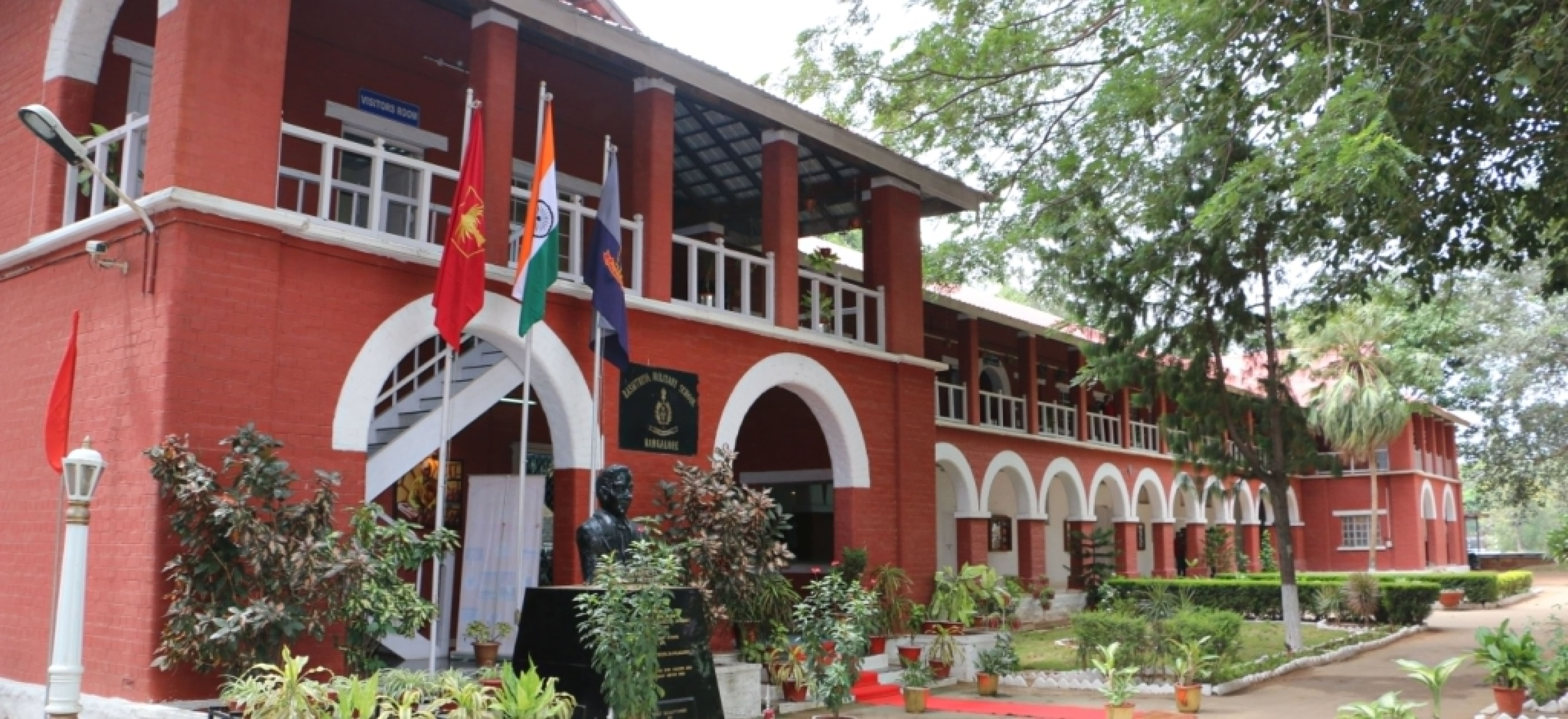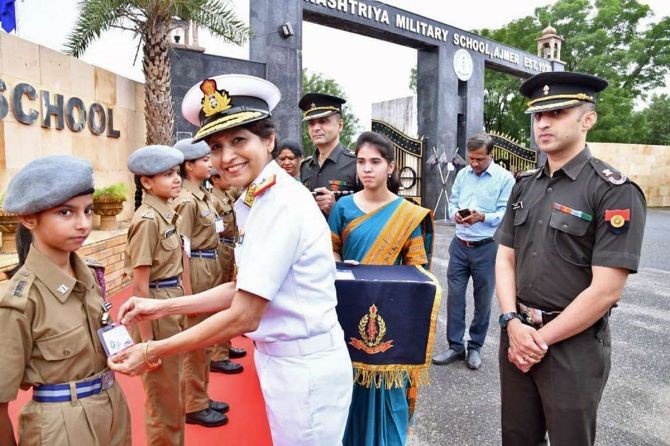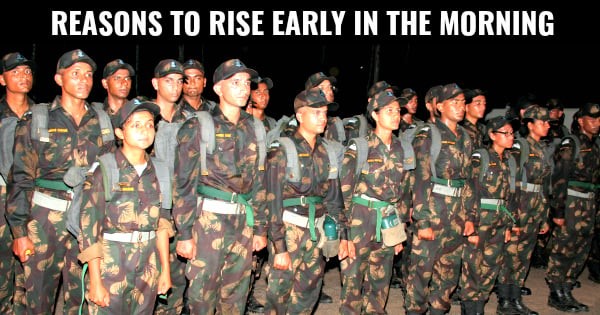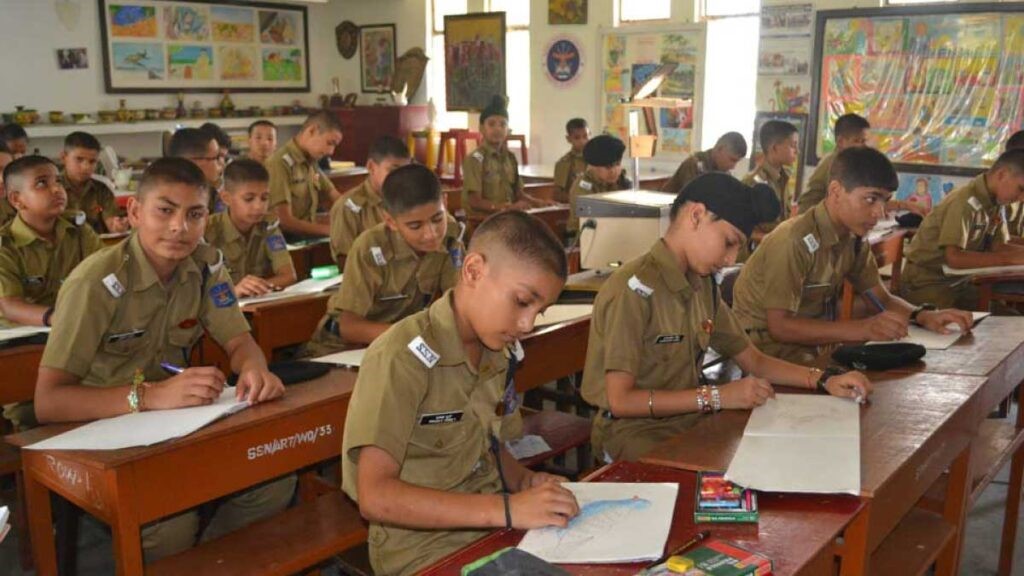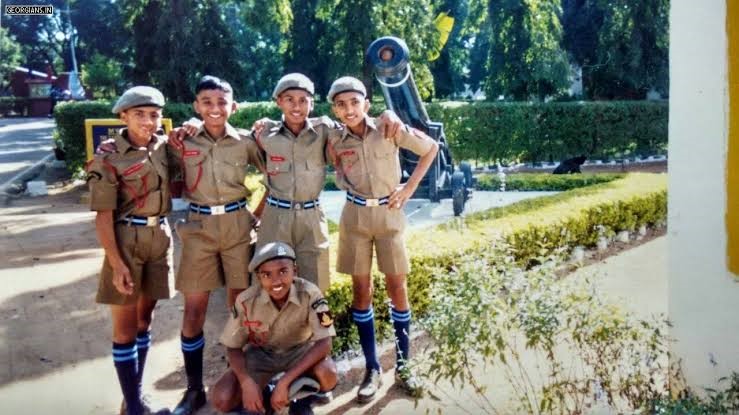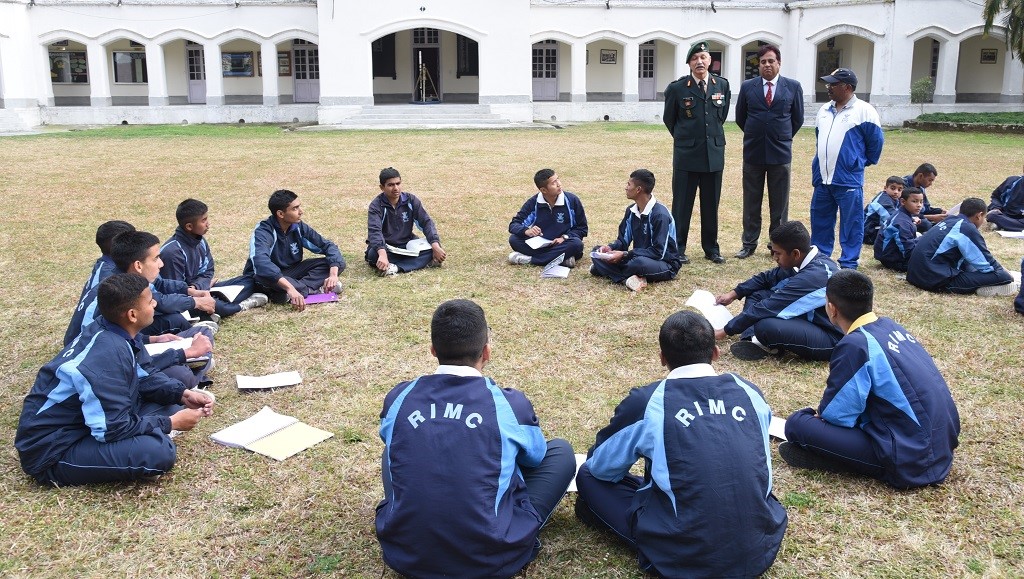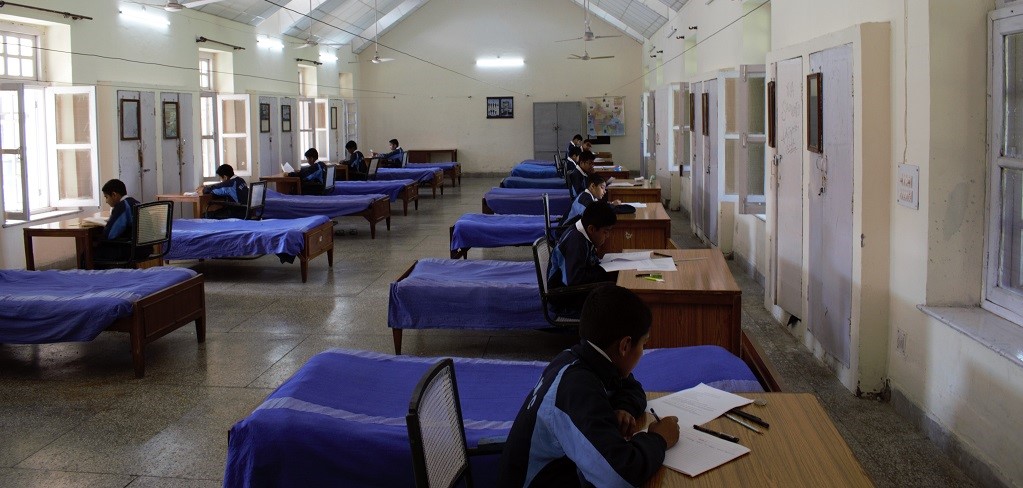Military schools are renowned for their structured and disciplined environments, which groom students for successful careers in the armed forces and beyond. Exploring the Daily Schedule of Military School Students provides valuable insights into how they foster leadership, responsibility, and a strong sense of purpose among their cadets.
Military Officers and the Rules of Social Etiquette
Early Reveille
The day at a military school commences early, typically around 5:30 AM, as cadets are roused by the sound of a bugle call or an alarm. This early start sets the tone for the day, instilling a sense of discipline and ensuring that cadets make the most of their time.
Morning Physical Training (PT)
Upon waking, cadets immediately engage in a vigorous Morning Physical Training (PT) session. This regimen, which includes exercises like running, push-ups, and sit-ups, is designed to build physical strength, endurance, and overall fitness. Regardless of weather conditions, cadets participate in these outdoor activities, fostering a spirit of resilience and determination.
Hygiene and Breakfast
After the PT session, cadets have time to shower, dress in their uniforms, and prepare for the day ahead. Uniforms play a crucial role in military school life, promoting a sense of unity, discipline, and pride among the cadets.
Breakfast is served in the dining hall, providing a nutritious meal to sustain the cadets throughout their busy day. This communal experience also allows for social interaction and discussion of the day’s activities.
Academic Rigor
Military schools place a strong emphasis on academics, ensuring that cadets receive a comprehensive education that prepares them for higher learning and professional careers.
Core Subjects
Cadets attend classes in core subjects such as Mathematics, Science, English, and Social Studies. The curriculum is designed to be rigorous, challenging cadets to excel academically and develop critical thinking skills.
Specialized Courses
In addition to the core academic subjects, military schools offer specialized courses related to military science, leadership, and ethics. These courses equip cadets with the knowledge and skills necessary for successful military service and leadership roles.
Extracurricular Activities
Military schools understand the importance of a well-rounded education, which is why they offer a diverse range of extracurricular activities. Cadets can participate in sports, music, drama, and various clubs, allowing them to explore their interests and develop their talents beyond the classroom.
Top Military Exercises in India For 2024
Midday Respite
Lunchtime in a military school is a crucial break in the daily routine, providing cadets with a nutritious meal and a chance to socialize with their peers.
Balanced Meals
Meals at military schools are designed to be balanced, offering the necessary energy and nutrients to keep cadets physically and mentally engaged throughout the day. The dining hall environment fosters camaraderie and a sense of community among the cadets.
Free Time
After lunch, cadets are granted a short period of free time to relax, socialize, or engage in recreational activities. This break is essential for maintaining morale and fostering a positive, supportive environment among the cadets.
Afternoon Agenda
The afternoon schedule is a blend of academic classes and specialized military training exercises.
Continued Academic Pursuits
Cadets continue their academic studies in the afternoon, delving deeper into the core subjects and specialized courses. The rigorous curriculum ensures that they receive a well-rounded education that prepares them for future success.
Military Training Exercises
Afternoon sessions may also include military training exercises, such as drills, marching practice, and instruction in military tactics. These activities are crucial for developing discipline, teamwork, and leadership skills among the cadets.
Evening Routine
As the day draws to a close, cadets engage in designated study time, known as “prep time,” to complete homework, study for exams, and work on various projects.
Dinner
Dinner is served in the dining hall, providing cadets with a nutritious meal to help them recover from the day’s activities and prepare for the evening ahead.
Leisure and Lights Out
After study time, cadets have a short period for relaxation and leisure activities, such as reading, writing letters, or engaging in quiet recreational pursuits. The day concludes with “lights out,” typically around 10:00 PM, ensuring that cadets get the necessary rest to be ready for the challenges of the next day.
Weekend Respite
While the weekdays are highly structured, military schools offer a slightly more flexible schedule on weekends. However, the commitment to discipline and camaraderie remains a constant.
Weekend Drills and Inspections
Saturdays often include additional drills and room inspections, reinforcing the standards of discipline and cleanliness expected of cadets.
Leisure and Social Activities
Weekends also provide opportunities for leisure activities, social events, and sometimes off-campus trips. These activities are crucial for maintaining morale and allowing cadets to unwind and recharge.
Understanding the Three Indian Armed Forces And Tips To Crack SSB interview
The Transformative Power of Military Training
The daily routine in a military school is designed to instill values such as discipline, leadership, and responsibility in the cadets. Through a combination of rigorous academics, physical training, military exercises, and extracurricular activities, these institutions mold well-rounded individuals who are prepared to excel in their future endeavors, whether in the armed forces or other professional fields.
Developing Leadership Skills
Military training at these schools emphasizes the importance of leadership development. Cadets are often assigned leadership roles and responsibilities, allowing them to hone their decision-making skills and learn to guide their peers effectively.
Fostering Discipline and Responsibility
The structured environment of a military school teaches cadets the value of discipline and personal accountability. From adhering to schedules and maintaining uniform standards to fulfilling daily duties, cadets learn to take ownership of their actions and develop a strong sense of responsibility.
The daily routine in a military school is a testament to the institution’s commitment to providing a transformative educational experience. By blending rigorous academics, physical training, and specialized military instruction, these schools cultivate a new generation of leaders, problem-solvers, and dedicated professionals who are poised to make a lasting impact in their chosen paths.
FAQs
1. What time do military go to bed?
During Army basic training, soldiers have dinner in the evening, clean the barracks, and then have personal time until 9 p.m. when they go to bed. Soldiers sleep in dorm-style buildings, sharing accommodations with three to six other people, and eat their meals in the designated dining areas.
2. How much vacation and leisure time do service members receive?
Active-duty service members are entitled to 30 paid vacation days annually as part of their employment benefits. Additionally, the Military offers a variety of recreational activities for service members and their families to enjoy every day.
3. What time do you wake up in military school?
In military basic training, there’s no option to sleep in. You’ll rise at 5 a.m. daily. Adjusting to this early wake-up time is a common experience for every basic training class.
4. What is dress code in NDA?
Candidates are encouraged to dress in formal attire: collared shirts and trousers for men, and a formal top with trousers or a skirt for women.
